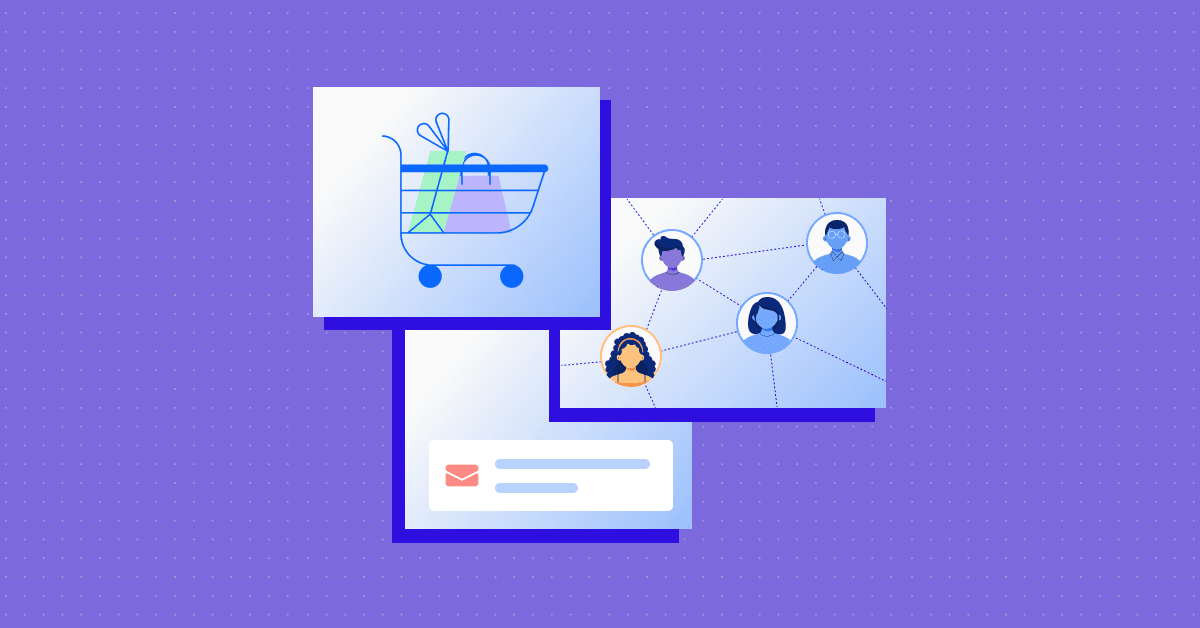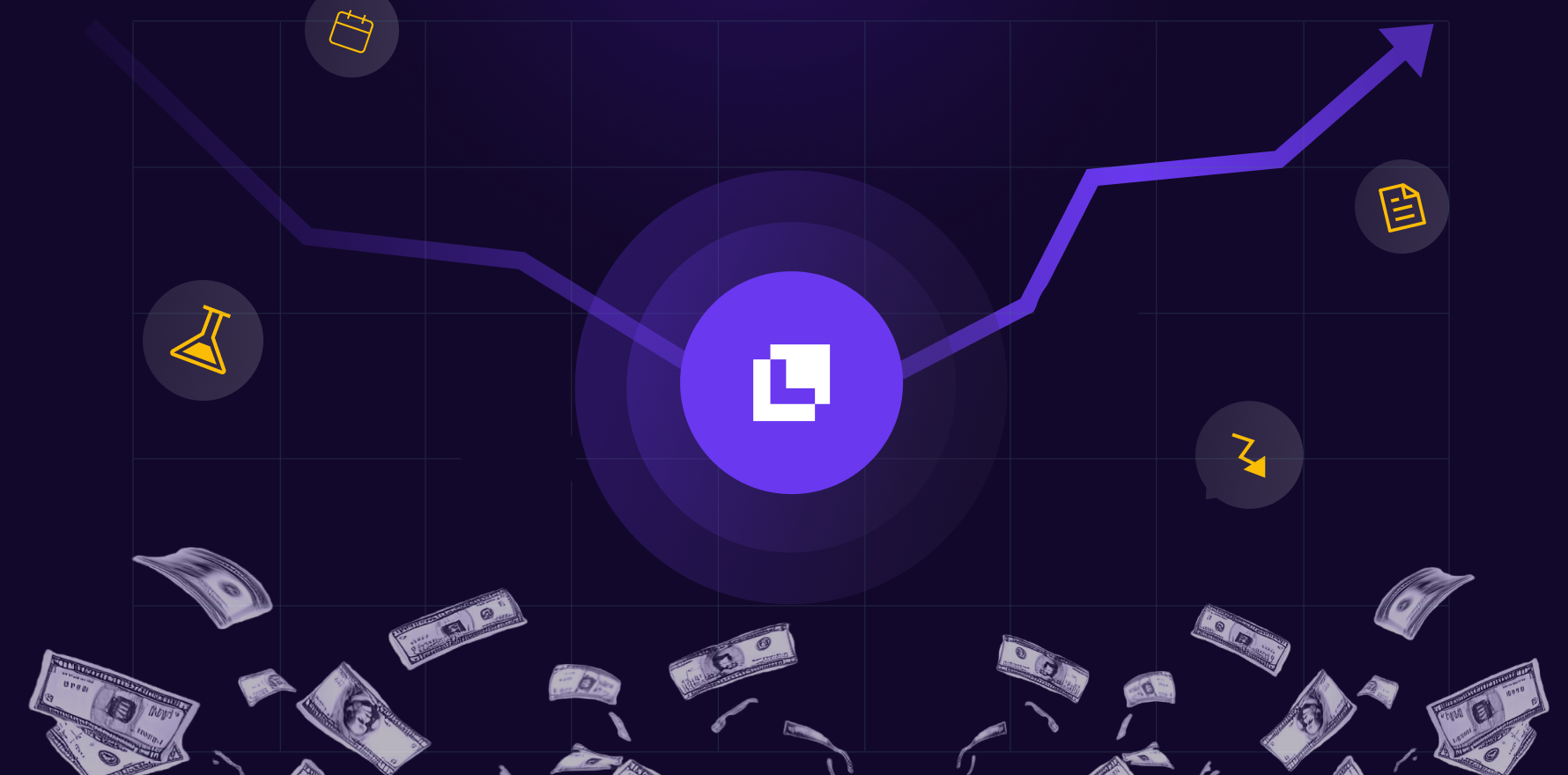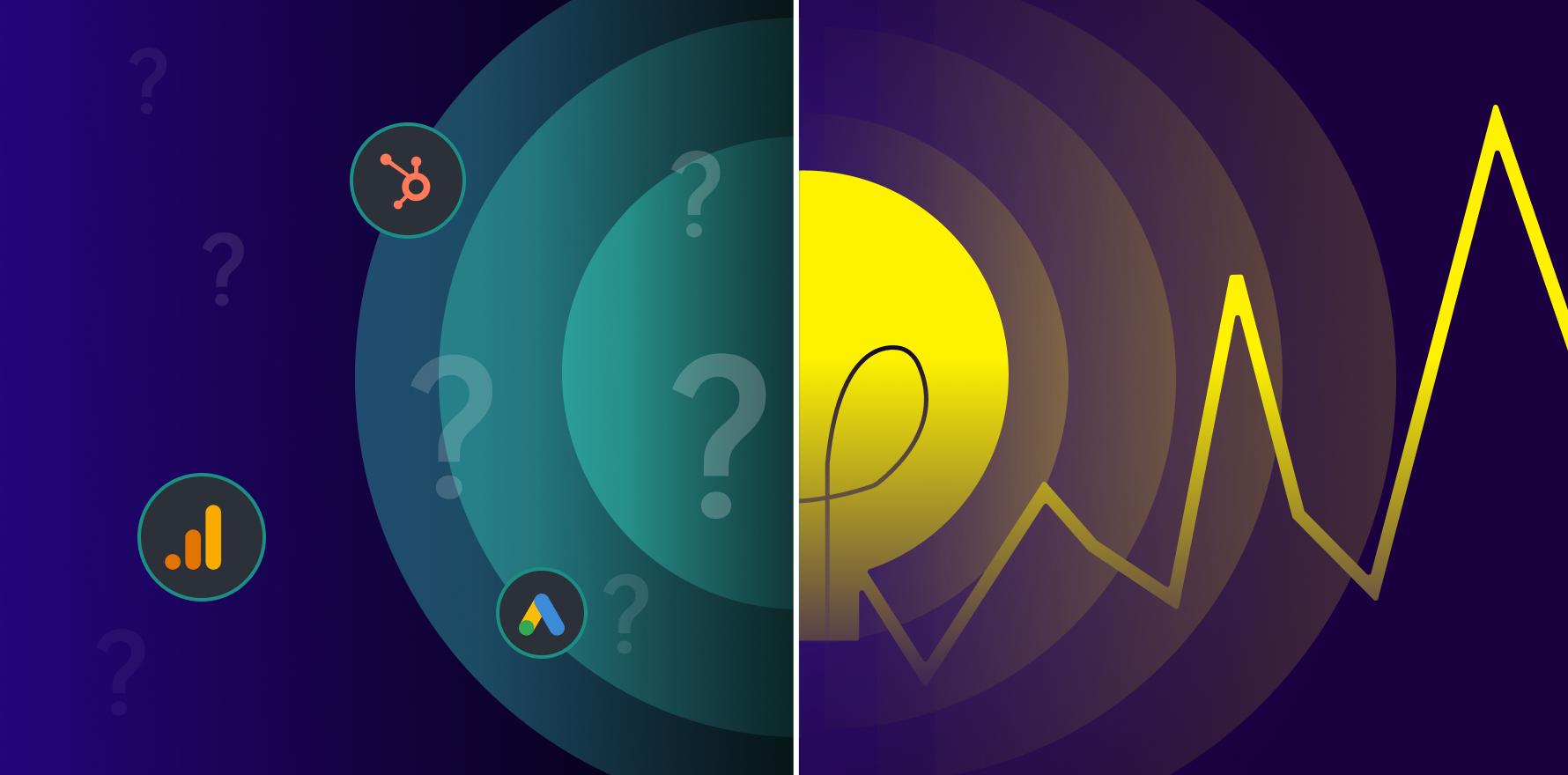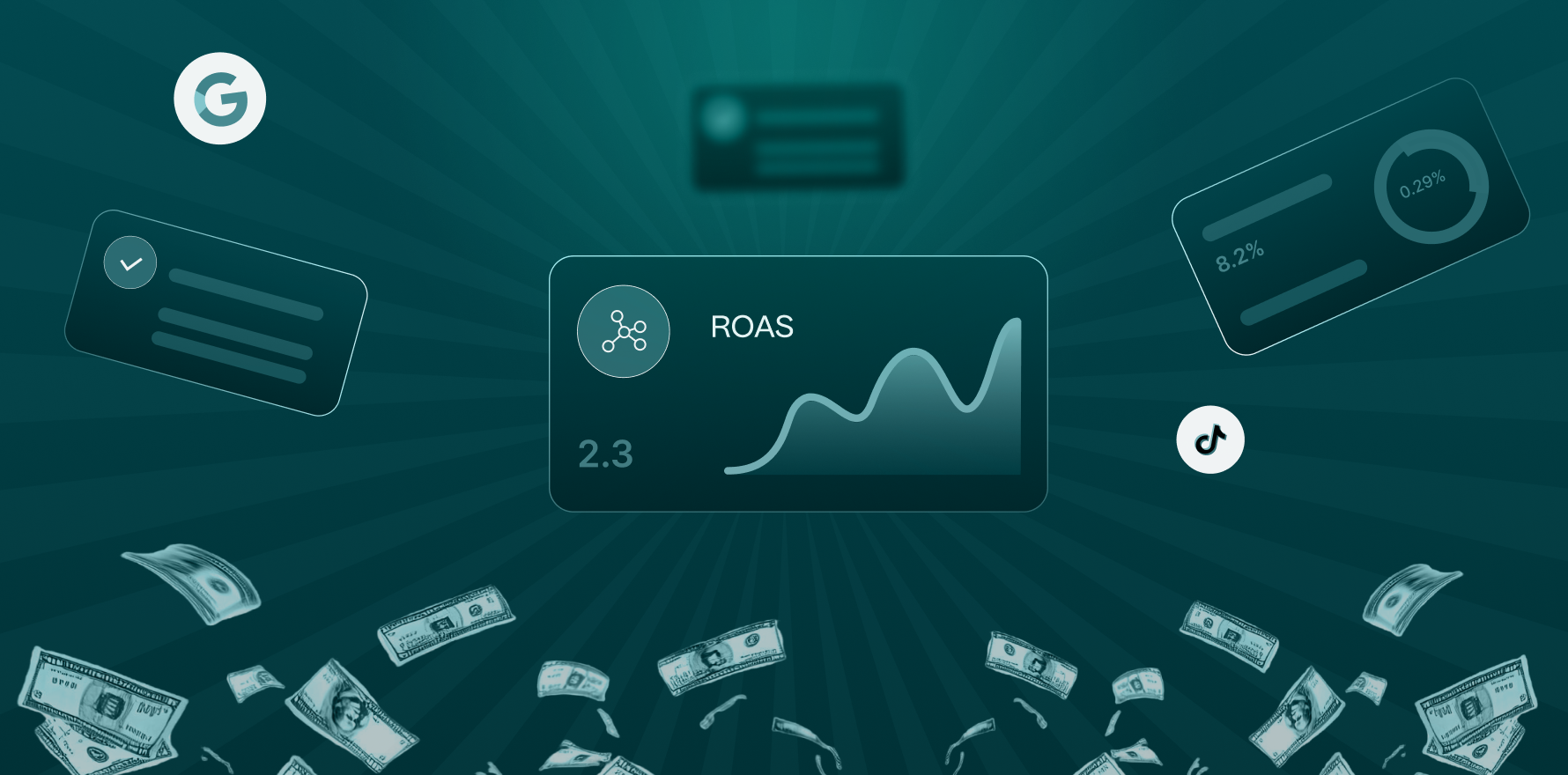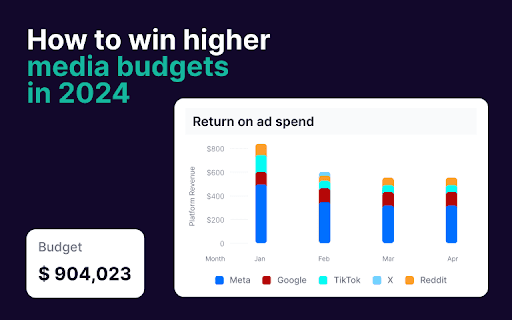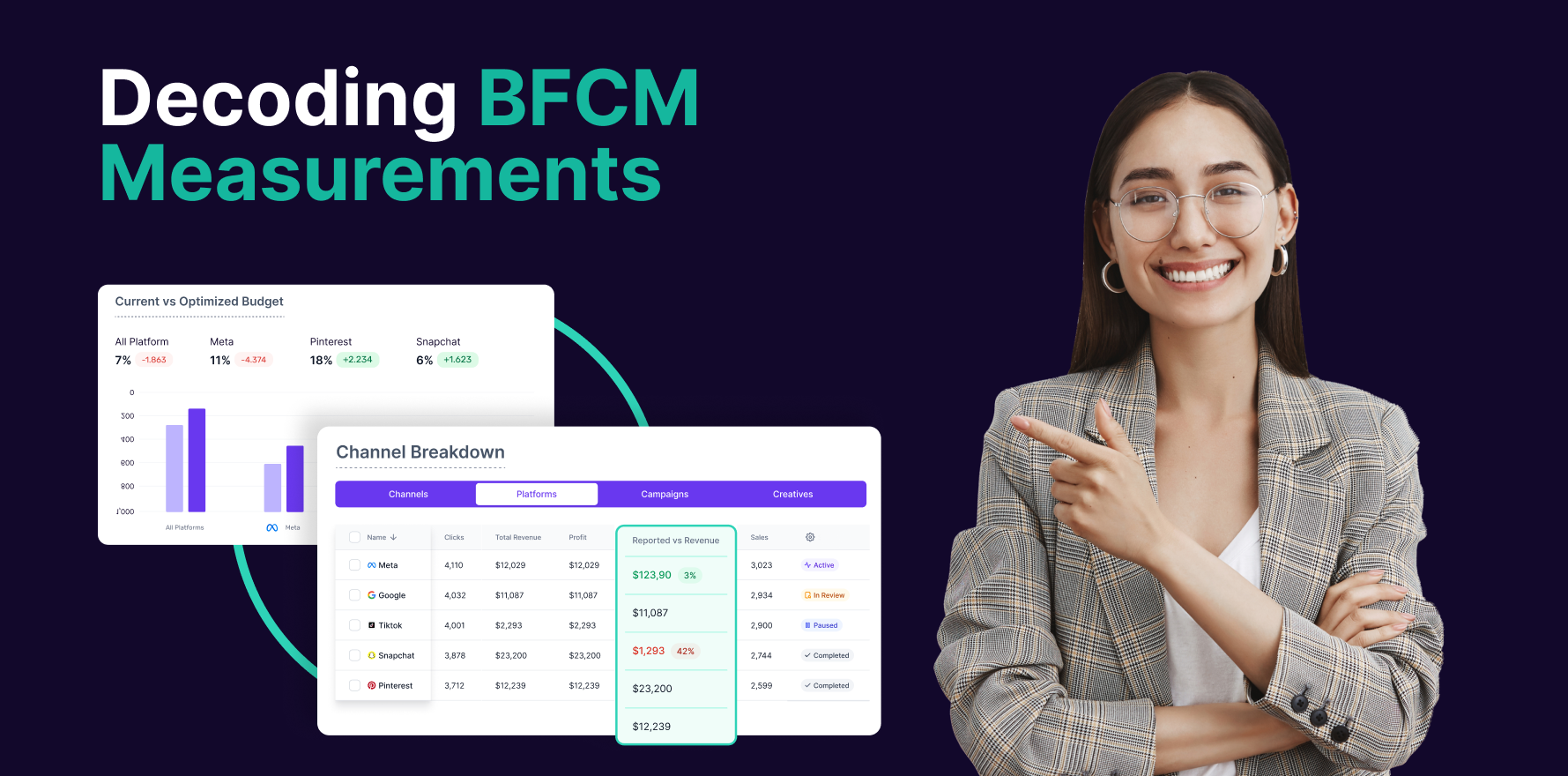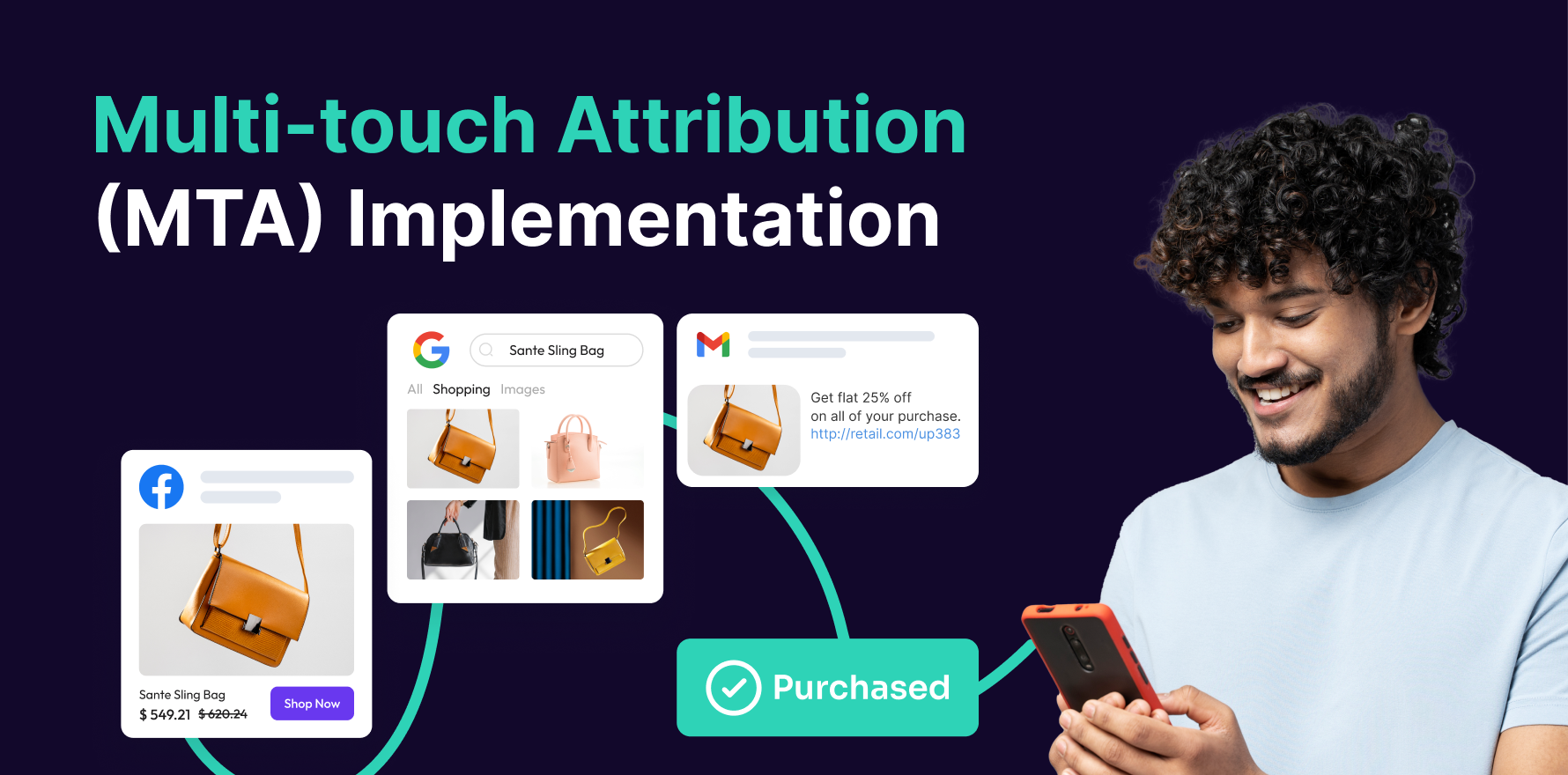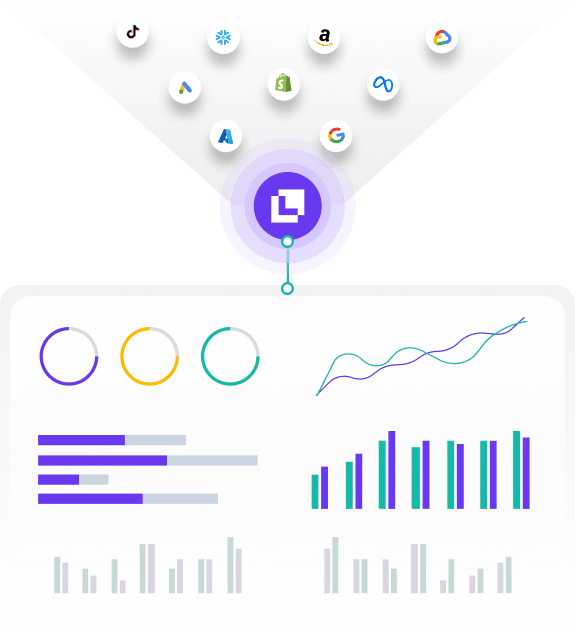Empathy is the future of business and marketing. This is especially true for a post-COVID world. Did e-commerce assuage grocery stress as stores ran out of supplies? Did F&B and food tech businesses take away some of the boredom of cooking and eating all by ourselves? Did healthcare providers make it harder or easier for individuals to focus on their health and well-being? Consumers are noticing all of this and more, and they will remember.
Empathetic customer experiences – and entire business models – is hardly a new concept. Good customer experience has always been about businesses putting themselves in the shoes of the customer. Personalized services and product portfolios and customer-centricity aspirations have empathy at their core. Making friends with customers while helping them locate their preferred CPG categories and brands across aisles, assisted shopping in apparel stores, or a simple “how’re you doing?” across the billing register – these traditional customer relationship strategies are powered by empathy. All that the coronavirus crisis is doing is bringing empathy back into mainstream business narratives.
Over at Lifesight, we truly believe that hyper-personalization is paving the way for empathetic customer experience as a business, marketing, and customer experience strategy. And identity resolution will be the powerhouse that will fuel this transformation.
Empathy is great for business, and delivering it has never been this easy
The Oxford Dictionary defines empathy as the ability to understand and share someone else’s feelings and experiences. Businesses and marketing have always strived to do just this – through primary research, in the data solutions they invest in, in focused groups, and more. What they are looking to understand is what really matters to their target segments. What drives purchase and what drives customers to the nearest competitor outlet instead. Which marketing investments, messages, creatives struck a chord and which ones drove the viewer to skip the ad. Which customer and marketing experiences deliver business outcomes. Understanding the customer – in holistic, meaningful ways – has always been at the core of business. That’s exactly what empathy is about. It enables marketers to cut through the clutter and deliver value. To business and to customers. Simultaneously.
While much of this has already happened in the business landscape, what is changing now is going from broad strokes of “segments” to individuating and understanding each consumer for who they really are and delivering experiences in their moments that matter. Identity resolution and holistic customer intelligence are equipped to deliver on this evolving business need.
In the mid- and post-COVID world, with economic uncertainties and reduced advertising and demand on one hand and tough competition on the other, it is becoming extremely critical for businesses to reframe from a personalization-first mindset to a more holistic approach to designing consumer touchpoints that evoke not just one purchase but lasting loyalty instead. It’s a matter of now or never for marketers and brands to start viewing empathy and subsequently, relevant data and intelligence strategies and tools as must-haves.
Data-led identity resolution is empowering businesses to be truly empathetic, meeting each consumer the way they need to be met
Consider the example of online marketplaces. From a 16-year-old looking for gaming consoles and PC for her online classes to a 70-year-old now forced to buy essentials online, everyone is online now. Can e-commerce brands use identity resolution to empathize with and understand the more critical needs – for example, in the case of senior citizens – and schedule deliveries accordingly? Perhaps they could use these master identities not only to gauge purchase triggers and barriers but to provide better, more seamless, uncluttered buying experiences and product recommendations for the affluent consumer? Perhaps marketplaces could assist parents in inculcating healthy reading habits in the 16 year old by showing them books along with gaming consoles?
Identity resolution holds immense possibilities for e-commerce.
Or perhaps we could consider the example of luxury dining in the age of restaurant aggregators and surge in home deliveries due to COVID-19. From the neighborhood hawker stall to five-star restaurants, aggregator apps are empowering every dining business in these times. However, this has also levelled the playing field for these businesses. Luxury dining brands can no longer just count on their loyal consumer base who’d visit them for the experience alone. The in-restaurant experience is far-gone and those experiences now need to be delivered online. How do luxury dining businesses keep up? Can they, with some help from enriched first party data and lookalike modeling, leverage a whole new opportunity to engage with and expand their target segments in brand new ways?
With identity resolution and master identities, the answers to all of the above questions is a resounding yes. And over at Lifesight, we are ready to help businesses deliver empathy in ways and moments that matter. Watch this space – we’re on to something big!
You may also like
Essential resources for your success
